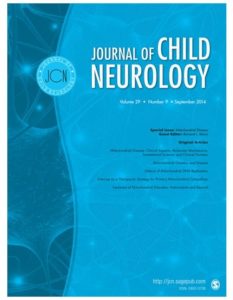We assessed 10 youth football players (13.4 + 0.7 y) immediately before and after their season to explore the effects of football participation on selected clinical measures of neurologic function. Postseason postural stability in a closed-eye condition was improved compared to preseason (P=0.017). Neurocognitive testing with the Immediate Post-Concussion Assessment and Cognitive Testing (ImPACT) battery revealed that reaction time was significantly faster at postseason (P=0.015). There were no significant preseason versus postseason differences in verbal memory (P=0.507), visual memory (P=0.750), or visual motor speed (P=0.087). Oculomotor performance assessed by the King-Devick test was moderately to significantly improved (P=0.047-.115). A 12-week season of youth football did not impair the postural stability, neurocognitive function, or oculomotor performance measures of the players evaluated. Though encouraging, continued and more comprehensive investigations of this at-risk population are warranted.
Summary Points:
- 10 non-concussed youth football players underwent postural stability testing, ImPACT, K-D testing pre- and post-season.
- Postseason postural stability (Eyes closed portion), Reaction time of ImPACT, and K-D scores significantly improved compared to pre-season testing.
- There were no impairments in neurologic function according to the selected tests following 12 weeks of football.
- Improvements in oculomotor performance are due to a learning effect and a possible result of development of more advanced oculomotor skills in this specific age group over time.

